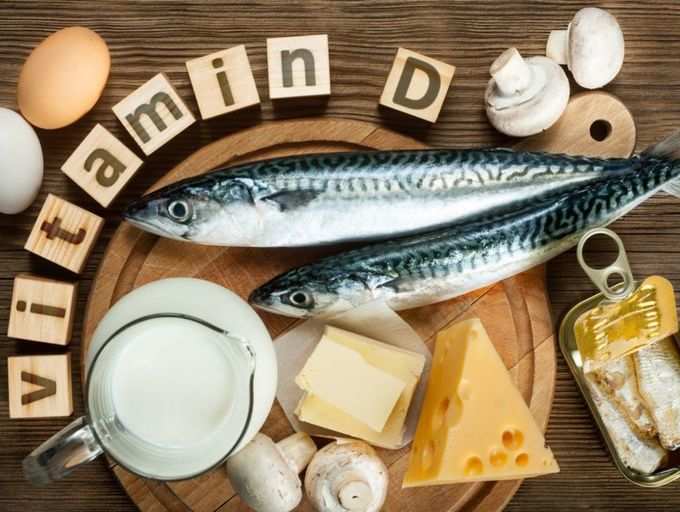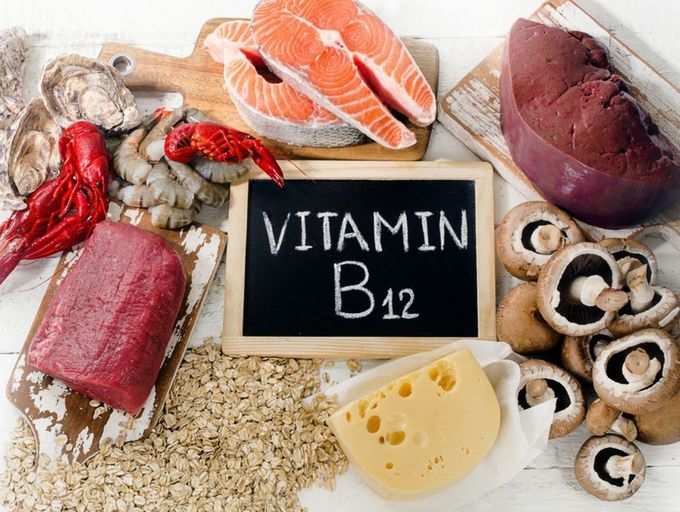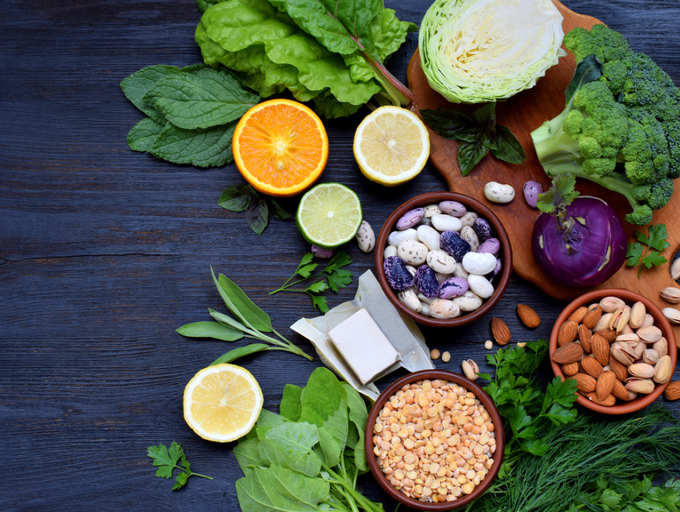Nutrient deficiencies among Indians
Here are some common nutrients
Our body requires different kinds of micronutrients and macronutrients to carry out various internal body functions to keep us healthy and active. Each vitamin and mineral has a specific role to play, which cannot be replaced by any other nutrient. That's why it is advised to maintain a well-balanced and healthy diet. Carbs, fats and protein are macronutrients, which constitute the largest part of the meal and are required by our body in ample amounts. It is easy to match the number of recommended daily intake of macronutrients, but the real struggle lies with the micronutrients. A large number of people in the country lack a sufficient amount of nutrients. This serves as a foundation for different kinds of health concerns like anaemia, bone loss. Here we have listed 4 nutrient deficiencies that are quite common in the country.
Vitamin D

Even though sunlight is available to us in abundance, a large majority of people have Vitamin D deficiency. Our skin, when exposed to sunlight, makes vitamin D from cholesterol. This nutrient is important for the absorption of calcium in the body. It helps to keep your teeth and bones strong. Only a few food products contain vitamin D, that too in a small quantity. Okra, dairy products and mushroom contain some amount of Vitamin D. The RDI of vitamin D is 600 IU for people under 70 years, and 800 IU for people over 70 years.
Vitamin B12

Most Indian follow a vegetarian diet, which lacks vitamin B 12. This nutrient is mostly found in animal-based food products like meat, chicken, eggs, fish and shellfish. Vitamin B12 is essential for healthy nerve tissue, brain function, and red blood cell production. Some amount of vitamin B12 is also found in dairy products and fortified foods. RDI for vitamin B12 is 2.4 mcg.
Folate

Folate is the naturally occuring form of vitamin B9. It is found in abundance in leafy green vegetables, citrus fruits, kidney beans, eggs and legumes. Folate is responsible for the formation of DNA, RNA and is the building block of the cells. It is particularly vital for pregnant women as it helps prevent birth defects like spina bifida in newborns. The RDI for folate is 400 mcg for adults, while pregnant women it is 600 mcg.
Iron

Iron deficiency or anaemia is quite common, not only in India but across the globe. This deficiency is common among pregnant and menstruating women due to blood loss during the period. Iron is responsible for the formation of haemoglobin in the blood. Deficiency of this nutrient leads to weakness and paleness. RDI for iron is 8.7 mg/day for men and women above 50 years. Women between 19 to 50 years should consume 14.8mg/day iron. Spinach, dark chocolate, pomegranate, fish, meat are some common sources of iron.